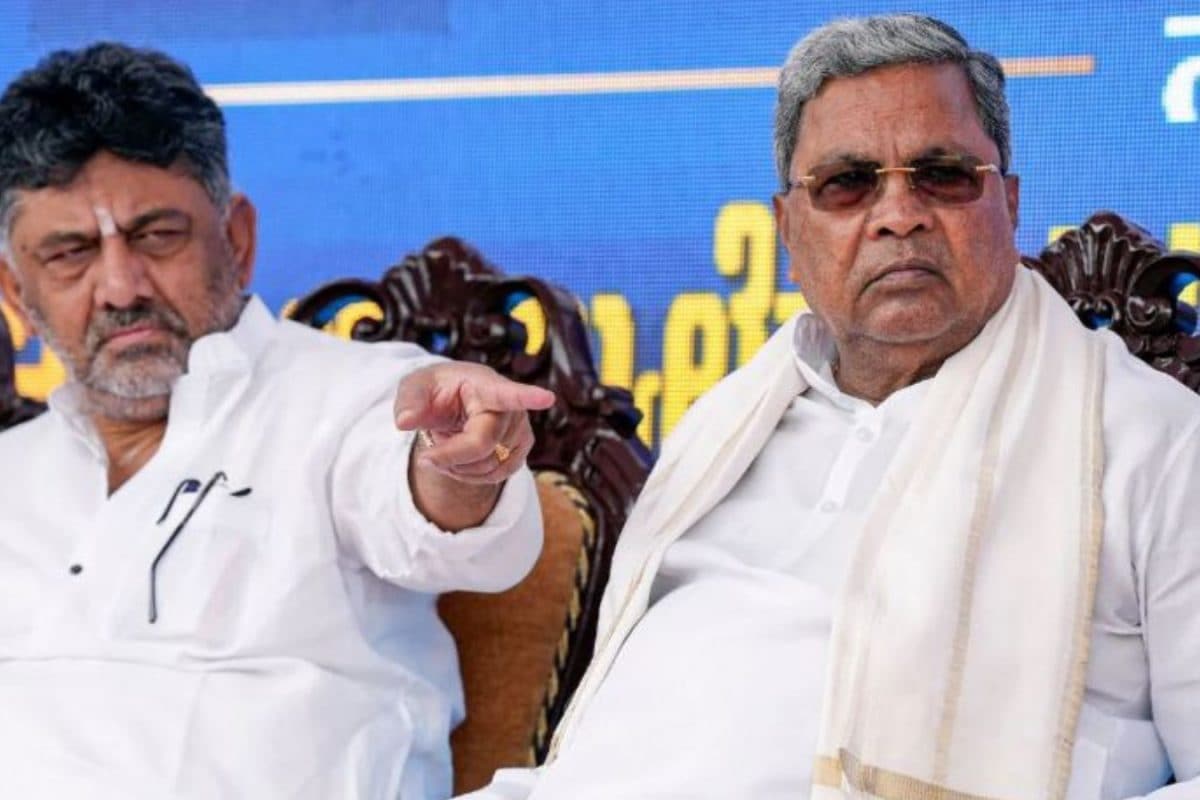

Karnataka's political landscape is once again witnessing a heated debate surrounding caste dynamics, as the Congress government, led by Chief Minister Siddaramaiah, has decided to conduct a fresh caste-based socio-economic survey across the state. This move, which effectively scraps the previous 2015 survey and its subsequent 2024 report, comes in the wake of directives from the Congress high command and amidst growing concerns over the accuracy and representation of communities in the earlier exercise.
The decision to initiate a new survey was formally announced after a special cabinet meeting in Bengaluru on Thursday, June 12th, 2025. Chief Minister Siddaramaiah emphasized that the decision was unanimous and aligned with Section 11(1) of the Karnataka State Commission for Backward Classes Act, 1995, which mandates a new survey every 10 years. The government plans to consult the Karnataka State Backward Classes Commission (KSBCC), tasking it with overseeing the survey and submitting a report within a 90-day timeframe.
Several factors have contributed to this significant decision. The Congress high command, including party president Mallikarjun Kharge and senior leader Rahul Gandhi, had earlier instructed the state government to initiate a fresh enumeration, citing concerns about the underrepresentation of certain communities in the 2015 survey. Moreover, dominant communities like the Vokkaligas and Lingayats had voiced strong opposition to the previous survey's findings, claiming that their populations were significantly undercounted.
The previous survey, which cost ₹165 crore, faced criticism and remained unreleased for years. The Vokkaliga and Lingayat communities, influential in Karnataka politics, expressed dissatisfaction with the reported figures, which placed their populations at a little over 10% and close to 11%, respectively – much lower than their perceived strength.
However, the decision has already sparked controversy. Union Minister of State Shobha Karandlaje has accused the Congress government of conspiring to increase reservation for minorities through the new caste census. She alleged that the government's agenda is to inflate the minority population figures to justify increased reservation quotas. Concerns have also been raised about the feasibility of completing the survey within the stipulated 90-day timeframe. Questions linger on whether accurate data collection is possible within such a short period.
Despite the opposition, Chief Minister Siddaramaiah has defended the decision, citing the legal requirement for a survey every 10 years and the government's commitment to social justice. He clarified that the 2015 survey's recommendations were now outdated and required re-examination due to changes in population and socio-economic conditions over the past decade. Deputy Chief Minister DK Shivakumar assured that the new census would be transparent and address the concerns of all communities, with provisions for online enrollment for Kannadigas residing outside the state.
The Karnataka State Commission for Backward Classes is expected to begin formal discussions on the new survey soon. The commission's chairperson, Madhusudan R Naik, anticipates the appointment of five members to his team in the coming days, with a formal meeting planned to initiate the process.
The Congress party's decision to conduct a fresh caste survey is a high-stakes gamble. By ordering a fresh caste census, the Congress hopes to solidify its image as a champion of social justice and address the grievances of various communities. However, the move also carries the risk of further polarizing the state along caste lines and alienating influential communities if their concerns are not adequately addressed. The coming months will be crucial in determining whether this strategy will pay off for the Congress or further complicate Karnataka's already intricate social and political fabric.